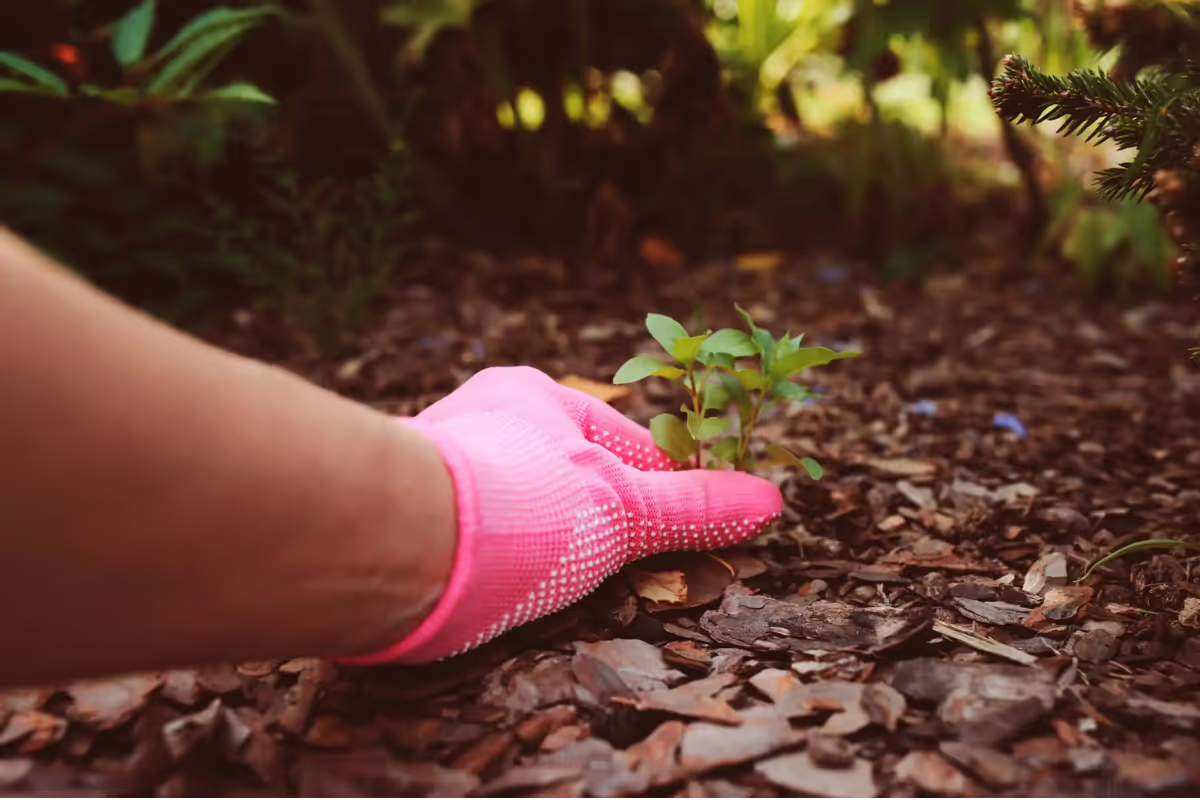

Mulching is one of the most important steps you can take to support the long-term health of your landscape. It conserves moisture, regulates soil temperature, suppresses weeds, and enhances visual appeal. But just as important as choosing the right mulch is applying it at the right time. Knowing when to mulch can make a big difference in how well your plants thrive through the seasons.
As the first signs of spring emerge, it can be tempting to spread mulch early to tidy up garden beds and prepare for the growing season. However, applying mulch too soon can work against you. A thick layer of mulch can insulate the soil and prevent it from warming up, which delays plant growth and seed germination.
In Oregon, the best time to apply spring mulch is typically mid to late April, once daytime temperatures are consistently warm and the soil has begun to dry out. Starting with a thin layer—about one to two inches—is ideal. You can always top it off with more mulch later in the season once your plants are established.
Winter mulching is different in purpose—it’s all about protecting plants and soil from extreme cold. It helps insulate root systems, reduce frost heaving, and preserve soil structure. However, timing still matters.
If you mulch too early in the fall, you risk trapping heat in the soil, which can stimulate new growth right before freezing weather arrives. The best approach is to wait until after the first hard frost, when plants have entered dormancy. Use mulch as a protective blanket, especially around tender perennials, shrubs, and trees. In early spring, gradually remove the winter mulch to avoid shocking plants with sudden exposure to fluctuating temperatures.

Applying mulch at the optimal time provides multiple benefits:
Getting the timing wrong can reduce these benefits or even harm your plants:
If you’re unsure when or how to mulch your landscape, we’re here to help. Contact Schlegel Barkdust & Landscape Supplies for expert guidance and premium mulch products tailored to Oregon’s unique climate.